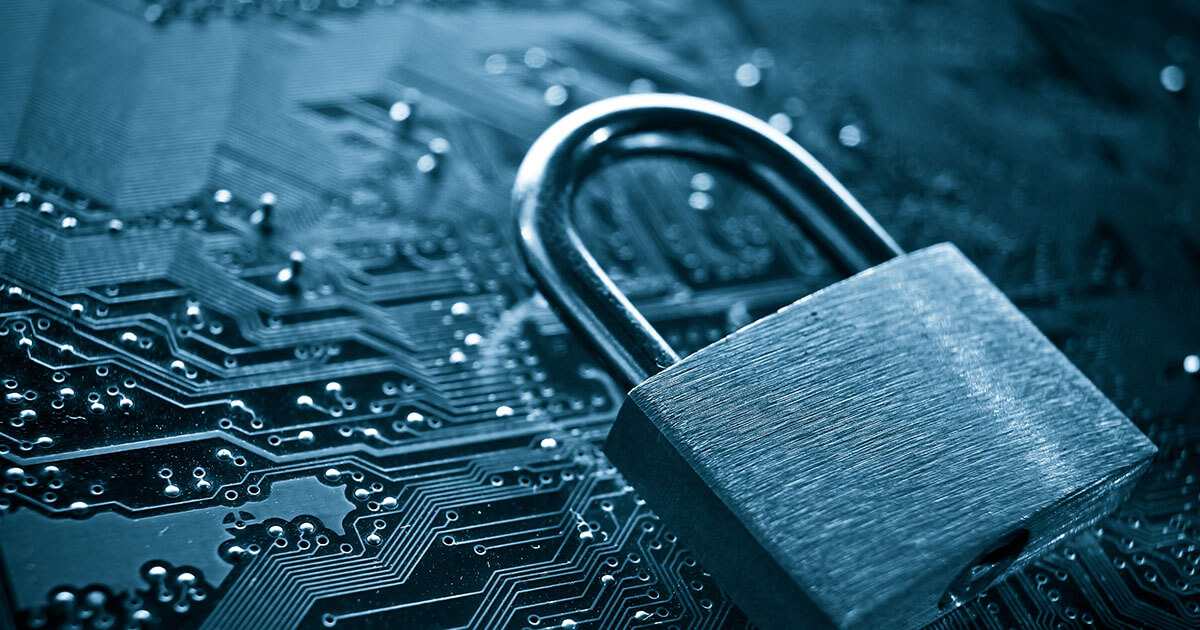
As a website owner, security should be at the top of your priority list. Not only is it important to protect your own business and customer information, but it’s also crucial to ensure that your website is a safe and trusted place for your visitors. In this blog post, we’ll be discussing some key considerations for maintaining website security and how to secure your site against potential threats.
First and foremost, it’s important to have a strong password policy in place. This means requiring all users to create unique, complex passwords that are difficult to guess or crack. You should also consider implementing two-factor authentication, which adds an extra layer of security by requiring users to enter a one-time code in addition to their password when logging in. This code is typically sent to a user’s phone via SMS or generated by a authenticator app.
Another key aspect of website security is keeping your website software and plugins up to date. Hackers are always finding new vulnerabilities to exploit, and by ensuring that your software is up to date, you can protect against these potential threats. It’s also a good idea to regularly scan your website for malware and vulnerabilities, and to use a web application firewall (WAF) to help protect against cyber attacks.
One common threat to website security is SQL injection attacks, which occur when an attacker injects malicious code into a website’s database through a vulnerable form field. To protect against this type of attack, you should always validate and sanitize user input, and use prepared statements when interacting with your database.
Another way to secure your website is to use Secure Sockets Layer (SSL) encryption. SSL helps to secure the connection between your website and your visitor’s browser by encrypting the data that is transmitted between them. You can tell if a website is using SSL if the URL begins with “https” instead of “http”. SSL is especially important if you have an online store or handle sensitive information such as user passwords and credit card numbers.
Finally, it’s a good idea to have a plan in place for handling security breaches if they do occur. This should include regularly backing up your website data, as well as having a process for quickly identifying and fixing vulnerabilities. It’s also important to have a communication plan in place for informing your users in the event of a security breach.
In conclusion, website security is an essential consideration for any website owner. By implementing strong passwords, keeping your software and plugins up to date, protecting against SQL injection attacks, using SSL encryption, and having a plan in place for handling security breaches, you can help to ensure that your website is a safe and trusted place for your users.




